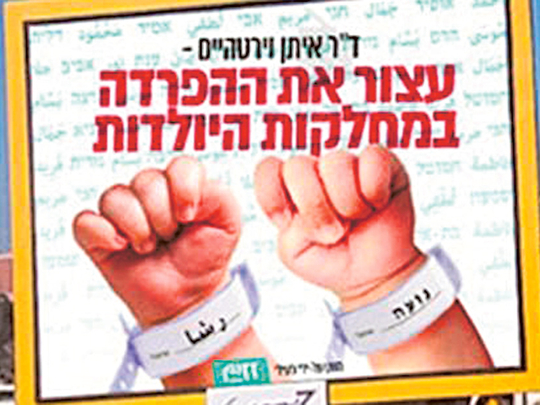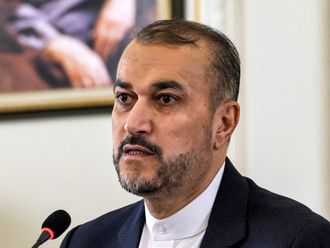
Ramallah
A study by the Arab Centre for Social Media Advancement documents racism and incitement by Israelis is far more prevalent than incitement by Palestinians.
The study found hundreds of thousands of Hebrew language posts on social media which show exacerbated racism and widespread hatred and incitement against Palestinians.
The centre, in collaboration with the Israeli technological company Vigo, has closely been monitoring Hebrew-language social media. The recently released study identified a total of 675,000 racist posts inciting violence against Palestinians which were uploaded at the rate of one post every 46 seconds in 2016. The statement said that the posts that incite violence against Palestinians more than doubled in the year 2016, increasing from 280,000 posts in the year 2015.
While the vast majority of hate speech was posted on Facebook, many others were posted on Twitter and other social media platforms.
The centre noted that the escalation in hate speech by Israeli senior government officials and state media has prompted a direct increase in hate speech by the Israeli public. “The incitement seen in the content written on the internet seemed to rise as the Israeli leadership increased incitement and hatred in their public addresses,” states the centre.
“This was evident when Palestinians were widely accused of arson in Israel in [the] November 2016 [fires], and again as the Minister of Culture and Sports of Israel made racist remarks towards the national Palestinian poet Mahmoud Darwish and rapper, Tamer Nafar, following the latter’s performance at the Ophir Awards ceremony. Thousands of people came to hear Nafar whose attendance sparked an outcry by those who consider his lyrics to be anti-Israeli. Nafar performed a musical rendition of a poem by the Palestinian nationalist poet Mahmoud Darwish. Miri Rejev left the auditorium during Nafar’s performance as she did not approve Dawish’s lyrics and no other Israeli should either. Rejev spoke strongly against the lyrics and spirit of Dawrish.
Many Israeli political leaders including Avigdor Liberman, Minister of Defense, Naftali Bennett, Minister of Education have come to publicly support and campaigned in support of the Israeli soldier Elor Azaria who last year shot and killed Palestinian Abdul Fattah Al Sharif without provocation. The crime was filmed by activists. Extrajudicial killings among Palestinians have been documented by international and local groups. The Palestinian leadership has demanded the UN to investigate those extrajudicial killings.
The centre found evidence linking hate speech and incitement against Palestinian leaders and politicians to the frequency of these individuals being mentioned in the Hebrew media.
Outspoken Palestinian Knesset member Haneen Al Zoabi bore the brunt of the insults and incitement to murder, with more than 60,000 posts directed towards her.
Knesset member Ahmad Al Tibi was also subjected to 40,000 posts, followed by the Palestinian President Mahmoud Abbas with 30,000 posts and the Knesset member Ayman Odeh with 25,000 posts.
The centre said that this documented study which followed the highest possible international standards aimed to introduce the world to a basic truth that it was the Israelis who incite against Palestinians, not vice versa. The study was in response to the Israeli global campaign to place blame for incitement on the Palestinians.
Since the launch of the Israeli campaign, dozens of Palestinian activists have been arrested and thousands of social media accounts have been removed by companies such as Facebook.
Israel has more than 200 criminal indictments against Palestinian activists charging them with incitement on the internet, whereas not even a single case has been opened against Israeli inciters.
“The policy appears to give a green light for Israeli social media users to continue to escalate their extremism in virtual sphere,” reads the statement from the centre.
Under the campaign’s themes, Israel managed to solidfy censorship agreements with Facebook and Google, under which Israel asked them to transfer users’ data to it.
The Israeli campaign has also set the stage for to apply Israeli censorship laws on social media companies and force them to comply by those laws.
“Through these practices, Israel has actually started its occupation not only over Palestinian land, but across the digital world as well,” the centre said.
The director of the centre, Nadim Nashif, said, “The study contains a message to the decision makers on these social media networks to halt the biased and hypocritical policies.












